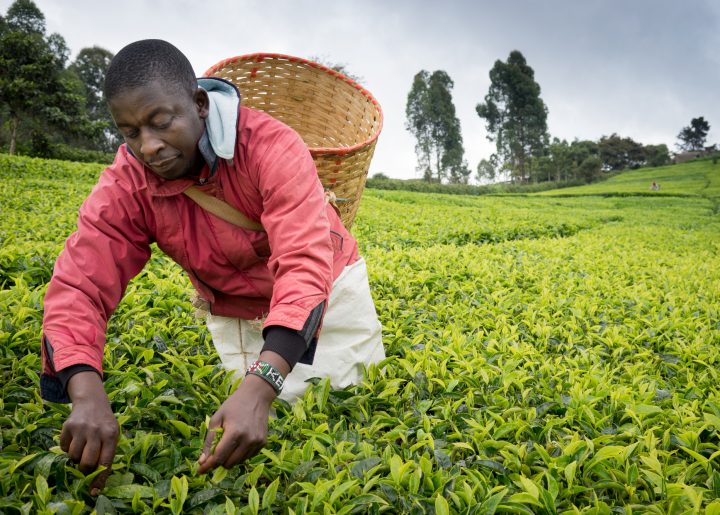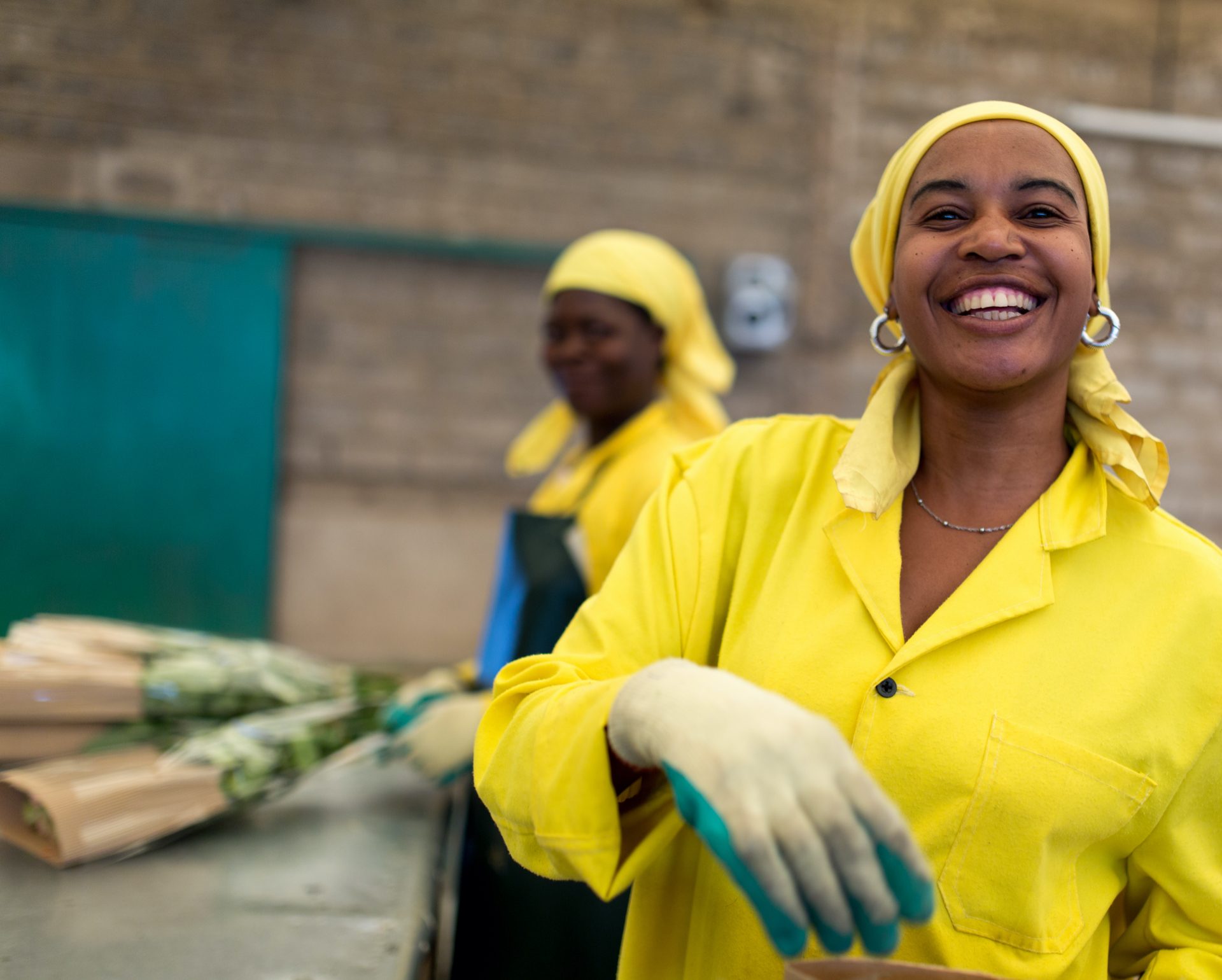Fairtrade America speaks at UN meeting on Sustainable Development Goals
Fairtrade America’s Executive Director Hans Theyer represented the global Fairtrade system this week at the United Nations delivering remarks on Fairtrade’s contributions to achieving the Sustainable Development Goals.
Fairtrade’s statement (in full, below) calls on the SDG framework to reflect the values of fair trade and concludes: “We must listen to smallholder farmers and workers. Delivering the sustainable development goals require the voices of smallholder farmers and workers to be heard at the highest levels of government and commerce.”
As Harriet Lamb, CEO of Fairtrade International, stated in her recent Huffington Post opinion piece, “We all know that there are no quick fix solutions. For sure, inclusive growth relies on involving farmers and workers, consumers and companies in finding solutions – and it needs Governments to step up their responsibilities too. The problems faced by farmers and workers in developing countries result from centuries of marginalization and exploitation.”
The full statement appears below, and you can learn more about the 17 Sustainable Development Goals here. If you have any questions, please email questions@fairtradeamerica.org. Follow us on Twitter or Facebook @FairtradeMarkUS to keep up to date with Fairtrade developments.
Statement submitted by Fairtrade Labelling Organizations International, a non-governmental organization in consultative status with the Economic and Social Council
Fairtrade is a global movement for change working directly with businesses, producers, consumers and campaigners to make trade fair for farmers and workers. Fairtrade changes the way trade works through better prices, decent working conditions and a fairer deal for farmers and workers in developing countries. We represent 1.5 million Fairtrade farmers and workers. Over €5.5 billion per year is spent through Fairtrade, supporting sustainable livelihoods, human rights and environmental stewardship.
The draft sustainable development goals address vital areas where farmers and workers in international supply chains need action. But to deliver for the poorest, the framework must address these issues:
1. Inclusive trade which benefits the poor, not trade for its own sake (goal 17.14). Trade liberalization does not guarantee poverty reduction — and can undermine it. This is especially so when rich countries demand access to least developed countries’ markets while restricting access to their own. Indeed, some Fairtrade farmers have seen liberalization in the banana and sugar industries lead to widespread loss of jobs, with poor adjustment support for those least able to cope. The sustainable development goals indicators must assess trade deals not by the gross domestic product forecasts alone, but by the medium to long-term impact on livelihoods for the poorest. Delivering the sustainable development goal commitment to trade policy coherence demands widespread institutional reform and accountability to ensure that trade agreements — bilateral, regional and multilateral — are fully aligned with poverty and sustainability goals.
2. Sustainability in supply chains must be paid for (goal 8). If we are to achieve poverty reduction and environmental sustainability through trade, then fair prices must be paid. Governments are willing to regulate markets in the short term interests of the consumer, but they fail to address global market dominance, despite the impact on sustainability and poverty reduction. We need a global commitment from traders and retailers to pay living wages and meet the cost of sustainable production.
3. Market share of certified socially, economically and environmentally sustainable goods as an indicator (Goal 12.6). Under Goal 12.6, the United Nations Environment Program has recommended the percentage market share of certified sustainable goods as an indicator. While supporting this, “certified sustainable” must mean more than environmentally sustainable. Certification in sustainability must consider poverty, environment and economic benchmarks and it must be independent and transparent.
Finally, we must listen to smallholder farmers and workers. Delivering the sustainable development goals require the voices of smallholder farmers and workers to be heard at the highest levels of government and commerce.
We’re in this together
Fairtrade America partners with brands on the journey to certification and beyond. We can help with everything from finding a certified supply chain to marketing your newly certified product.
Get in Touch



